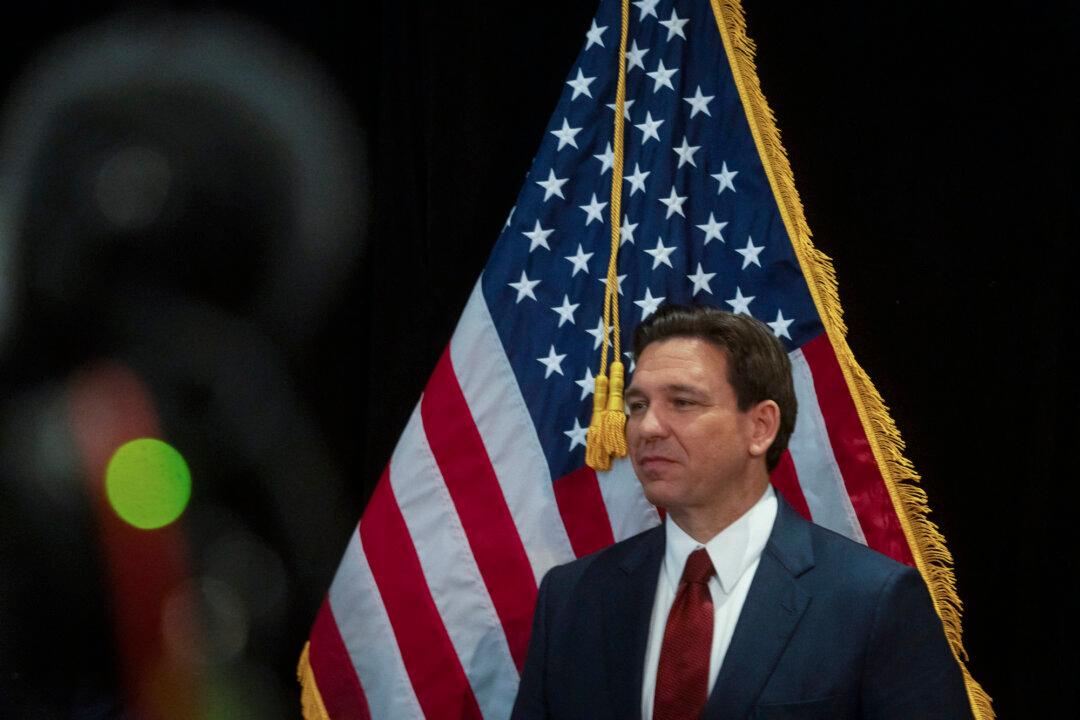Florida Gov. Ron DeSantis unveiled an outline of the state’s budget for the 2024–2025 fiscal year, now destined for the legislature, on Dec. 5, on Marco Island.
Dubbed the “Focus on Florida’s Future Budget,” the $114.4 billion budget is set to be even lower than the current 2023–2024 budget, and promises to lower taxes even further, yet also provide an expedited debt-elimination process, and record spending in areas like education, infrastructure, and the environment. It will also result in a reserve surplus of $16.3 billion, a $455 million decrease in the state’s debt, according to the governor.





